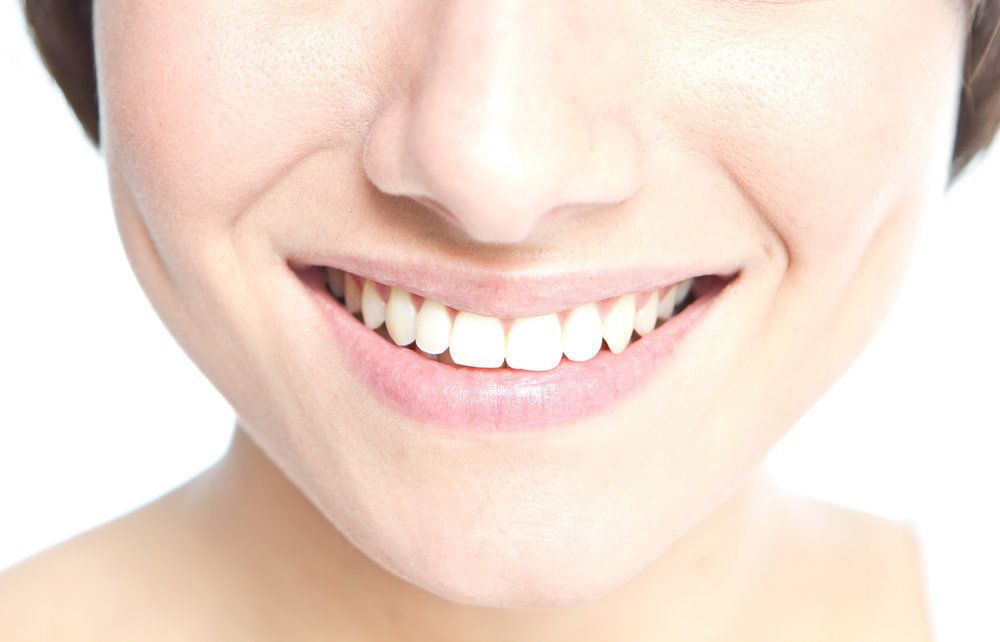 The Centers for Disease Control and Prevention (CDC) estimates that nearly half of all Americans have some form of periodontal (gum) disease. While there are several factors that can affect your gum health, one of the top causes of poor gum health is poor oral hygiene. If you are suffering from any stage of gum disease, Dr. Rohinton Patel offers restorative dentistry options at our Honolulu, HI office to restore your periodontal health. He can also provide you with advice on how to prevent poor gum health.
The Centers for Disease Control and Prevention (CDC) estimates that nearly half of all Americans have some form of periodontal (gum) disease. While there are several factors that can affect your gum health, one of the top causes of poor gum health is poor oral hygiene. If you are suffering from any stage of gum disease, Dr. Rohinton Patel offers restorative dentistry options at our Honolulu, HI office to restore your periodontal health. He can also provide you with advice on how to prevent poor gum health.
1. Poor Oral Hygiene
Poor oral hygiene is the number one cause of poor gum health. Patients who fail to brush their teeth twice each day and those who do not floss are at the greatest risk for developing gum disease. Brushing too aggressively can also have a negative impact on your gum health. Brushing and flossing alone is not enough to ward off gum disease, though. Patients must also get professional cleanings and exams twice a year. Many fail to make and keep these critical appointments, and their periodontal health suffers as a result.
2. Smoking
Smoking cigarettes and using other forms of tobacco can also cause gum disease. Patients are encouraged to quit smoking in order to prevent or eliminate gum disease.
3. Certain Diseases
Uncontrolled diabetes and other diseases such as autoimmune disorders can also impact the health of your gums. While these factors may not be entirely in your control, you should work with your physician and Dr. Patel to find ways to protect your gums from disease.
4. Certain Medications
Unfortunately, some medications can lead to poor gum health. Women who take hormonal birth control, such as a progesterone-only oral contraceptive, are at a greater risk of developing gum disease. Other medications may cause conditions like dry mouth, which can lead to a greater accumulation of plaque, causing gum disease and other oral health complications. Inform Dr. Patel of any medications you may be taking so he can assess your risk for gum disease.
5. Genetics
You can’t control your family history. Unfortunately, if there’s a history of gum disease in your family, your gums are at a greater risk for complications. Dr. Patel is thorough in his review of our patients’ medical histories. He will provide you with tips to protect your gums and prevent history from repeating itself.
What You Can Do to Protect Your Gums
The best thing you can do for your periodontal health is be diligent with your at-home oral care. This means brushing every morning and night and flossing every day. You must also make (and keep!) your dental appointments. Dr. Patel recommends that patients schedule a cleaning and exam every six months to stay on top of their periodontal health. If a medication or disease is the culprit, Dr. Patel may have additional steps you can take to protect your gums.
Schedule Your Next Appointment
If it’s been awhile since your last checkup and cleaning, contact our office to schedule your next appointment.

